Evolutionary Interpretation of VC Policy in Israel, Germany, UK and Scotland (STE-WP-45)
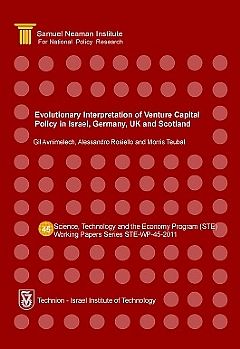
Despite many attempts to develop high-impact VC policies during the 1990s in Europe , most VC markets in Europe are still underdeveloped. Many of these policies were based on ‘traditional’ VC policy involve a mix of monetary incentives and institutional changes. In this paper, we present an alternative evolutionary VC policy, which is based on […]
Road Map – A National Program to Promote the Integration of the Ultra-Orthodox Population in the Israeli Economy
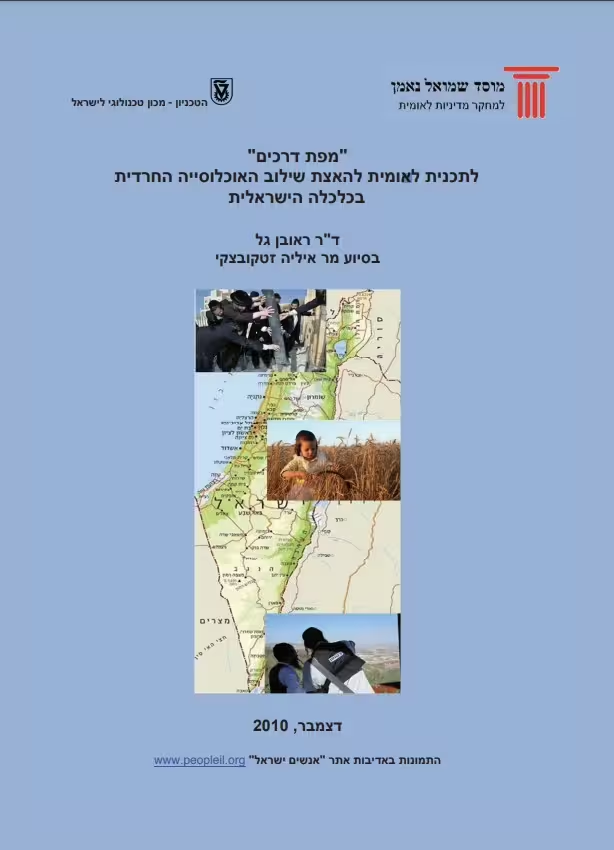
The “Road Map” is an off-shoot of the “Israel 2028 : Vision and Strategy for Economy and Society in a Global World” report. Its goal is to outline solutions for one of the major problems concerning the Israeli economy that is identified in the report: the low rate of participation of the Ultra-Orthodox community in […]
National Energy Technologies Research and Development Survey

This survey has been recently completed by the energy and environment team at the SNI, for the National Council for Research and Development (NCRD). The survey maps various R&D efforts in Israeli academia and industry, in the following fields: Energy technology R&D – alternative energy sources; energy conservation; energy storage; energy for electricity, heat, transportation; […]
TOD – Transit Oriented Development Urban Planning around Accessible Rail Transit
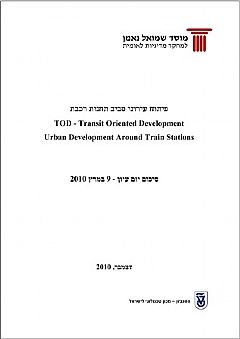
An SNI Conference on “TOD (Transit Oriented Development) – Urban Planning Around Accessible Rail Transit, was held on March 9, 2010. The conference was organized by Prof. Daniel Gat (Technion), Dr. Yodan Rofe (Ben Gurion Univ.) and Prof. (emer.) Shlomo Maital (SNI). This volume summarizes the presentations. The opening article by Avi Bar-Eli is reprinted […]
Policy recommendations for treatment of packaging waste in Israel
The purpose of this document, written by the Energy and Environment Team at the Samuel Neaman institute, with support from ‘Kivun’ and the Natural Resource and Environment Research Center at the University of Haifa, is to suggest a comprehensive policy framework for the prevention and treatment of packaging waste in Israel. The policy recommendations are […]
Higher education policy in Israel – accessibility, quality and excellence with limited resources
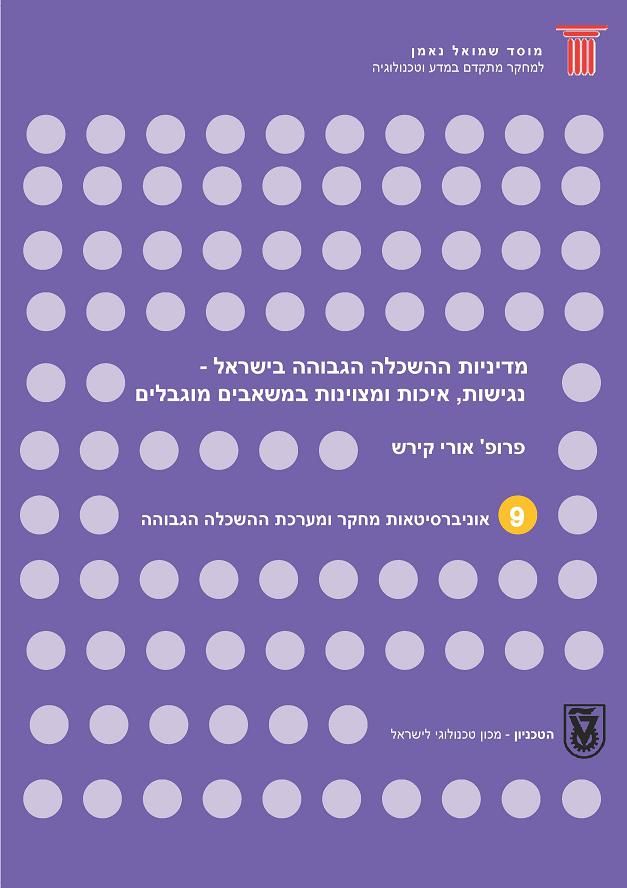
This study deals with a broad range of topics related to the higher education system in Israel. It describes past developments, discusses present issues, indicates necessary changes in the future and proposes some policy guidelines. The following main subjects are discussed: Introduction – the higher education system in Israel, global aspects. Higher education accessibility – issues and […]
Terrorism Risk and their impact on tourism
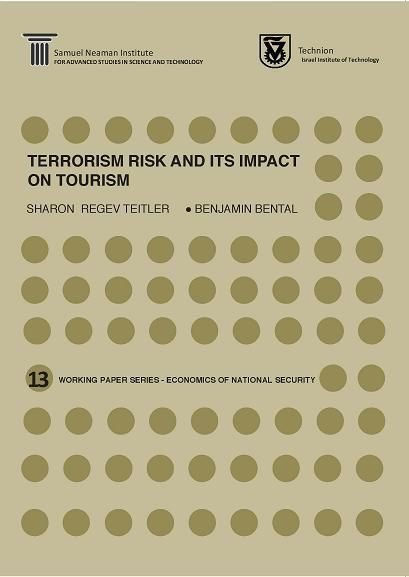
Tourism is very sensitive to the occurrence of terror despite the extremely low probability of getting hurt in acts of terror. The study suggests that the high sensitivity of tourists to the occurrence of terror is due to substitution among tourist destinations rather than risk aversion. This conclusion is based on an empirical structural model […]
Is Job Stability at the Beginning of One’s Career Good for Job Stability Later On?
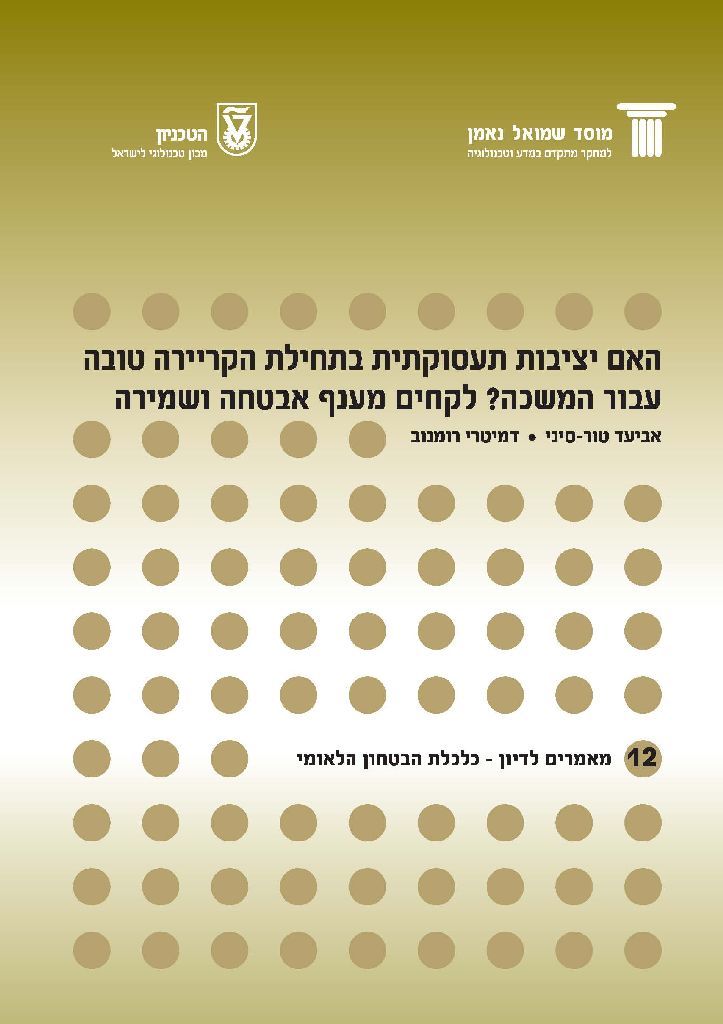
Most mobility takes place at the outset of an individual’s occupational career. Individuals need this mobility to learn the market conditions and find posts that maximize the alignment of their credentials and their wages. We regard the Intifada that triggered a deep recession in 2001-2003 and dampened labor demand in all industries other than guards […]
Funding of Higher Education
The monograph examines and evaluates the funding of the higher education and basic research in Israel, from the early 70’s up until today. It focuses on the various modes of funding from public and other sources, and describes the total amounts; the methodology and future modes of operation.
Evaluation of the Space Industry’s Impact on the Israeli Economy
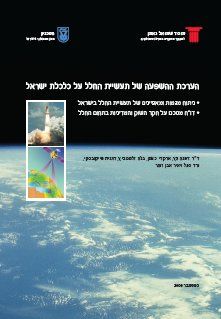
This project was operating under the auspices of the Samuel Neaman Institute and the Economics of National Security (ENS) Program. Its goal was to map the interconnections between Israel’s academy, its national defense system and the industry in light of the country’s growth and position in space industry and in space technology. In the framework […]
